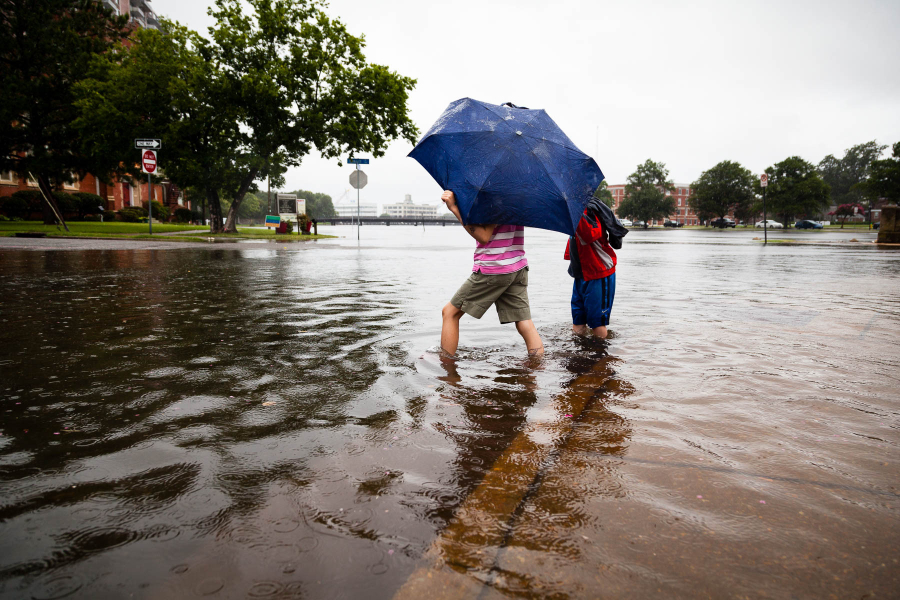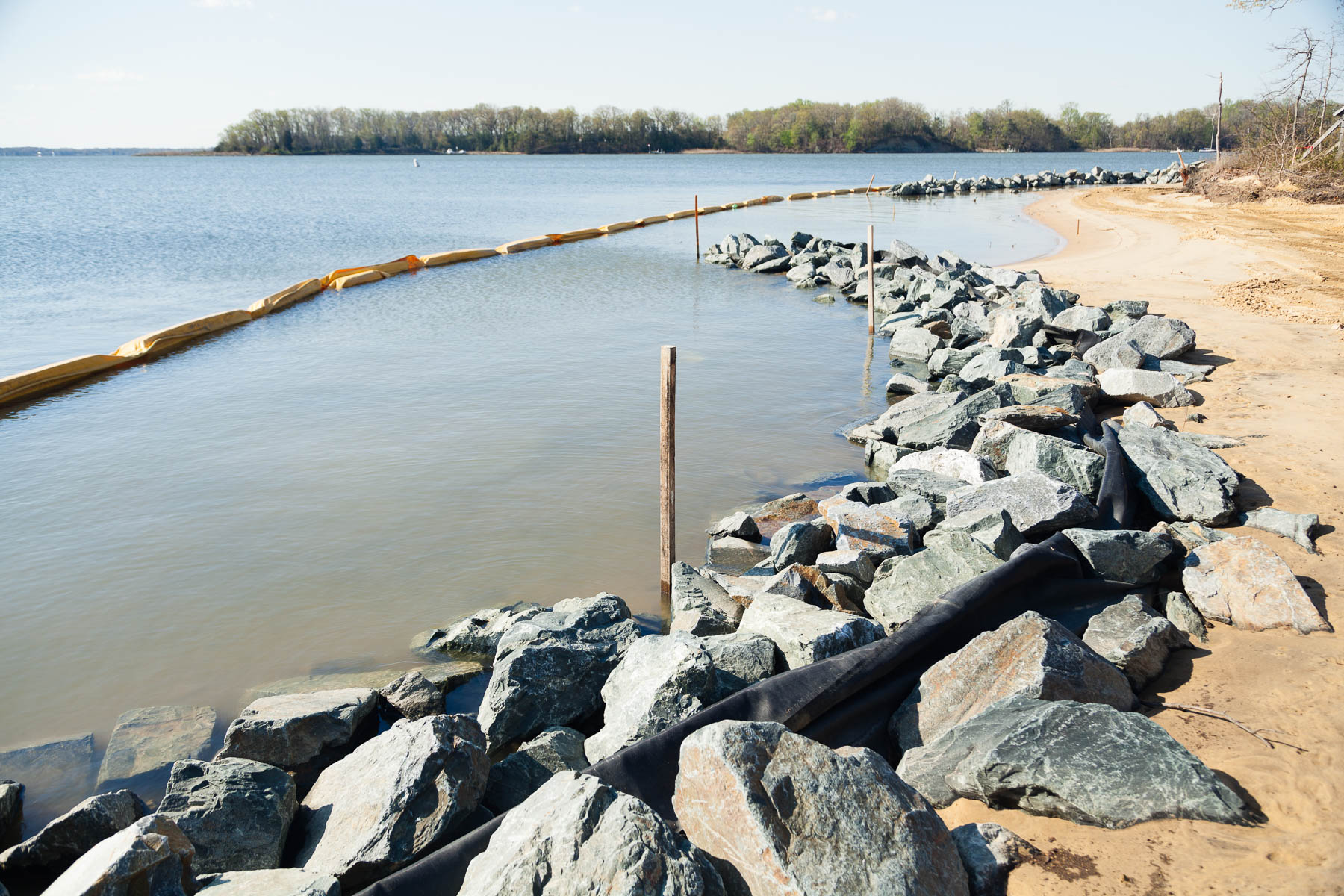National Climate Assessment details impacts of changing climate

A new national climate report was released in November 2018 that details the expected impacts from climate change across the country. The report is volume II of the fourth National Climate Assessment, which is released by a partnership of 13 federal agencies known as the U.S. Global Change Research Program every four years. Volume I, which was released last year, provided an analysis of the physical science of climate change. This new report builds on that science to show how humans, society and the environment will be affected.
Intensifying impacts
The report finds that the country will continue to face the many severe consequences of our changing climate. We are facing:
- More intense storms, droughts and heat waves.
- Rising seas.
- Saltwater intrusion into freshwater.
- Increased risk of wildfires.
- Serious impacts to land and water habitats.
These impacts will cause further stress to deteriorating infrastructure throughout the country, which will in turn threaten human safety and the economy.
The report states that “the continued warming that is projected to occur without substantial and sustained reductions in global greenhouse gas emissions is expected to cause substantial net damage to the U.S. economy throughout this century.”
Agriculture will be increasingly impacted by heat, storms and droughts. Impacts to global resources will affect our trade. Regional tourism and recreation will be hurt, and poor weather conditions will reduce the number of days people are able to work. In addition, energy supplies are expected to become less reliable due to more extreme conditions. Together, these impacts could cause hundreds of billions of dollars of damage to the economy by 2100.

Climate change in the Chesapeake
Because impacts will vary significantly across the country, the report provides region-specific chapters to detail the different challenges facing different areas. The Chesapeake region is particularly vulnerable to the effects of climate change. Sea level is rising here at a rate much faster than the global average because the land around the Bay is also sinking, a process called subsidence. Over the past century, Bay waters have risen about one foot, and are predicted to rise another 1.3 to 5.2 feet over the next 100 years.
The report describes the efforts coordinated by the Chesapeake Bay Program’s Climate Resiliency Workgroup to make our region more resilient to the impacts of climate change.
“Addressing climate change within the context of established watershed planning and regulatory efforts is extremely complex and requires sound climate science, climate assessments, modeling, policy development and stakeholder engagement. The [Chesapeake Bay Program] partnership is tackling this challenge on all of these fronts.”
— National Climate Assessment
The global scale
This report comes just a month after the Intergovernmental Panel on Climate Change (IPCC) report “Global Warming of 1.5°C” and draws many similar conclusions on the national scale that the IPCC report did on a global scale. For example, both reports confirm that we are already experiencing the effects of climate change, and these effects will only intensify without significant intervention. Both reports also note that the most serious risk from climate impacts is to communities that are already vulnerable or marginalized, making climate change a justice issue as well as an environmental one.
However, both reports state that the extent of the impacts we face will depend significantly on our actions. We can all work to reduce our greenhouse gas emissions, and we can work as communities to adapt and become more resilient. Learn how you can take action in your community.

Comments
I was wondering where i could find just the normal climate info. Thanks :)
Thank you!
Your comment has been received. Before it can be published, the comment will be reviewed by our team to ensure it adheres with our rules of engagement.
Back to recent stories